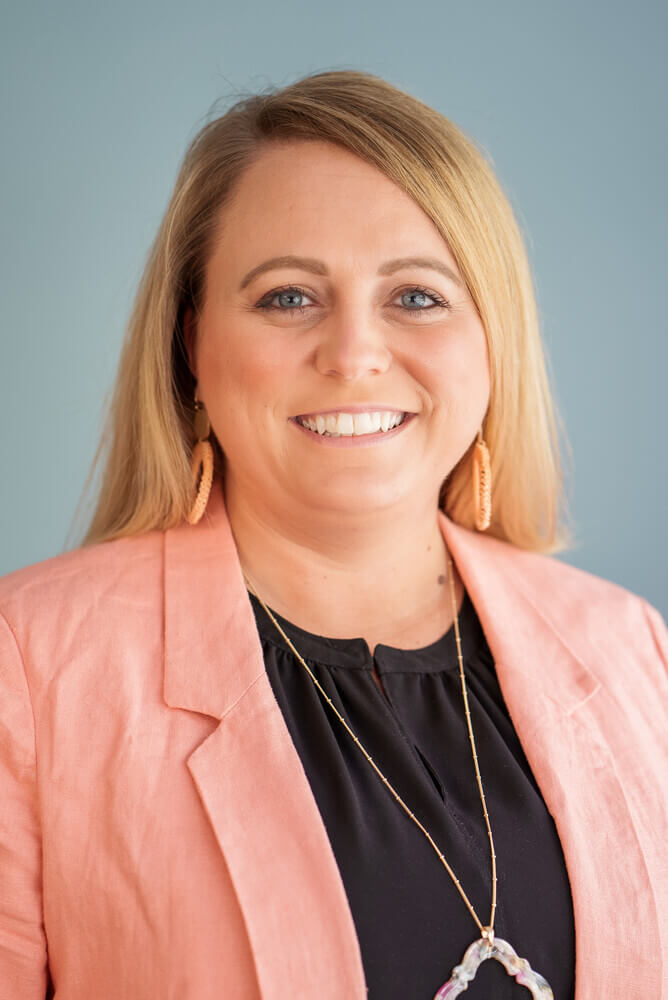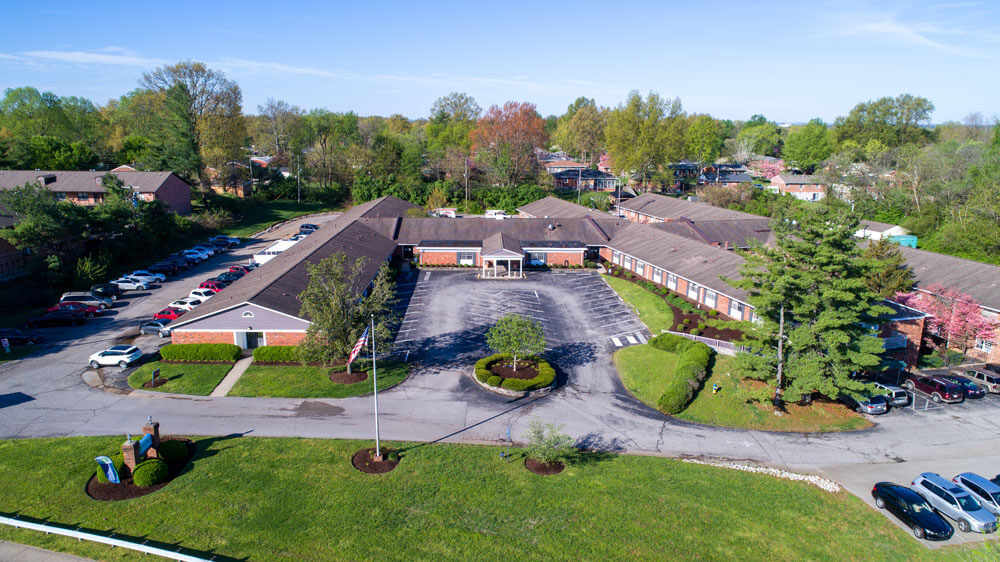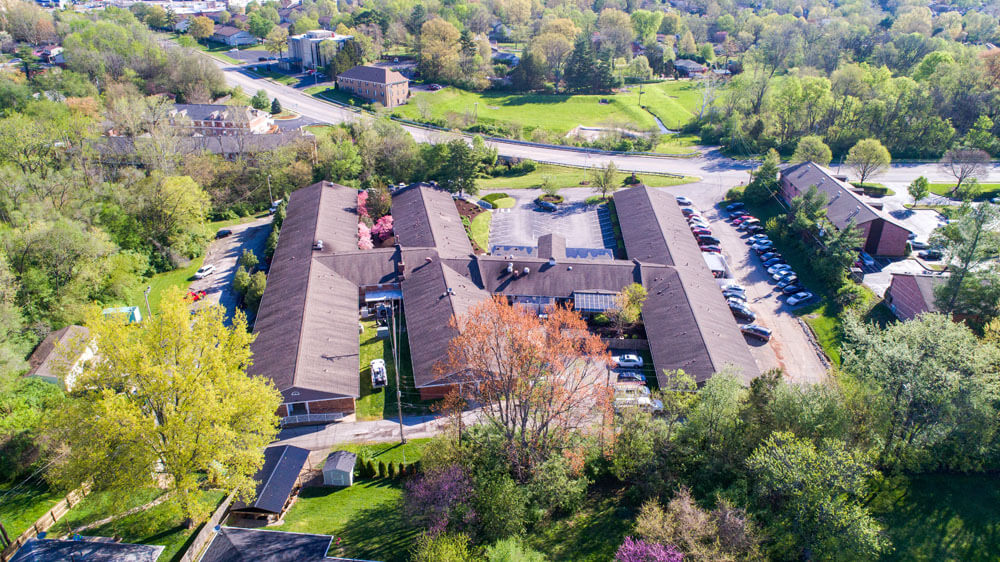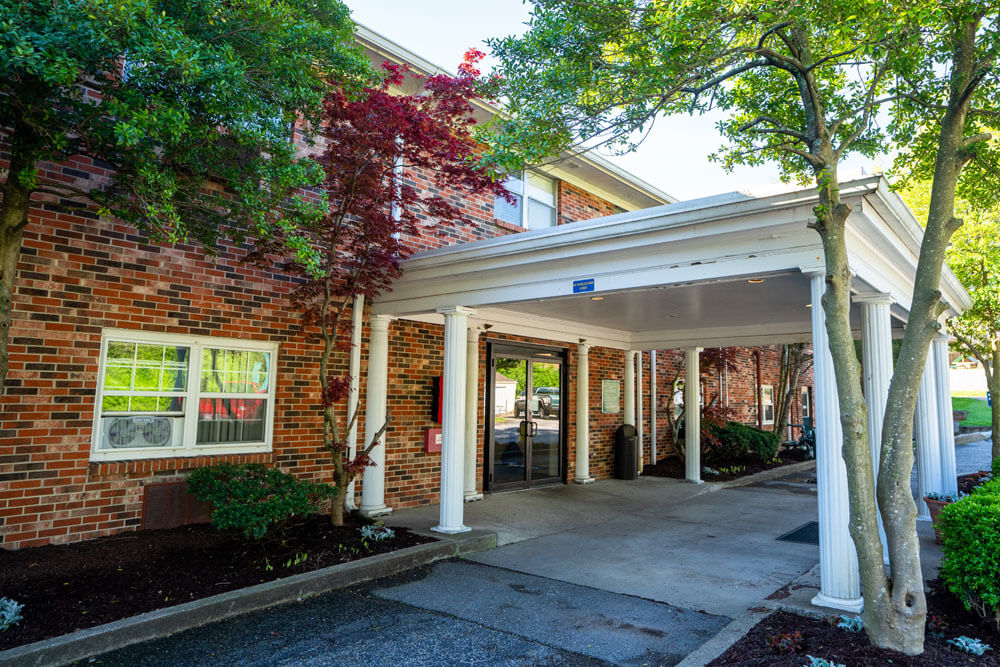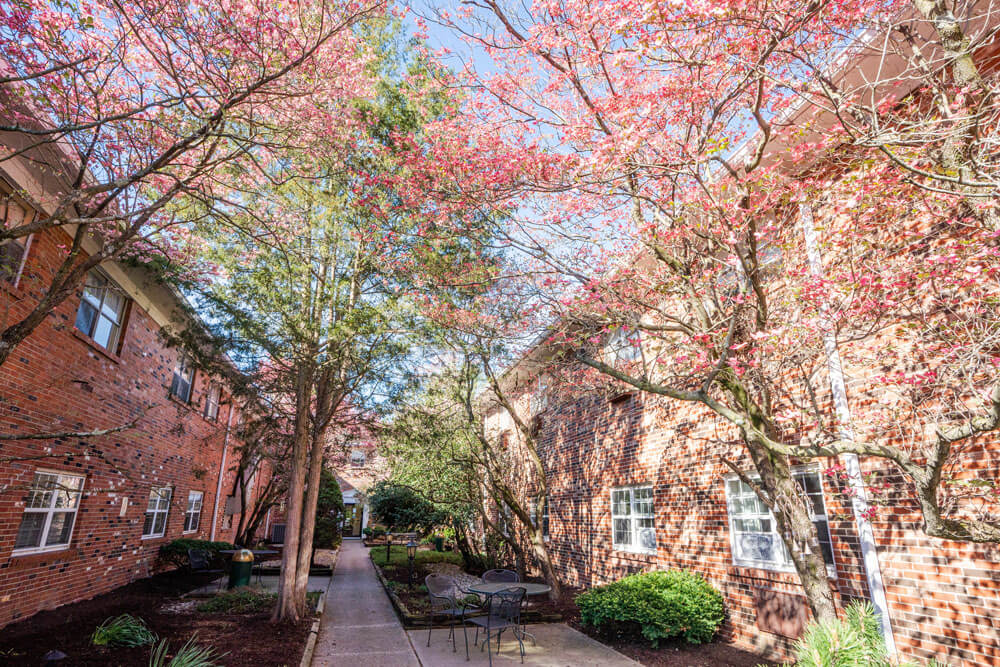Did you know that there are approximately 15,600 nursing homes in the United States? That totals over 1.7 million beds available in licensed skilled nursing facilities.
Chronic health conditions can make managing medication, moving around, or simply getting dressed more challenging. All these are concerns for falls or worsening health by remaining at home. While many people would love to grow old in their homes, skilled nursing care is sometimes inevitable.
While not an easy decision, it is one that you may be at a crossroads with. In our skilled nursing care guide, we break down what a nursing facility is and how you can start deciding if it is the right choice for you. Keep reading on and learn more!
What Is Nursing Care?
Skilled nursing care, or simply nursing care, is a facility that provides residential care for elderly or disabled adults. Residents live and receive care from skilled medical professionals. They are different from assisted living facilities or 55+ older communities.
These communities do not offer readily available medical professionals that can help extensively with medication, activities of daily living, and more. Skilled nursing units employ nurses, certified nursing assistants, therapists, physicians, dietitians, and more.
Some highly specialized facilities can also house residents who require ventilator support, although these are much more limited.
How To Tell When You Need Skilled Nursing Care
There are two types of residents in skilled nursing care units:
- Temporary
- Full-time
Temporary residents require a bit more time rehabilitating after an injury or surgery. These adults often spend time in a hospital or rehab facility and enter temporary skilled nursing care. They may continue to need physical, occupational, or speech therapy. Their limitations may also require nurses and assistants for safety.
Medicare Part A covers short-term skilled nursing care, but you must meet certain qualifications to enter and remain at a nursing facility. Medicare Part A guidelines only cover the first 100 days, with coinsurance starting at day 21.
Afterward, the resident assumes full cost. At that point, full-time skilled nursing residents must pay out-of-pocket, rely on private insurance, utilize a long-term care insurance policy, or use other means to cover their stay. If you you have reached a point in your life where it is no longer safe to remain independently living, you may need full-time care.
Here are some struggles you or a loved one may start noticing:
- Difficulties with memory
- Difficulties with activities of daily living (e.g., dressing, grooming, eating, self-care)
- Difficulties with mobility (e.g., walking, ascending/descending stairs, standing up)
Additionally, if you don’t have support at home, you could be at risk for a fall that creates more long-term issues. In-home care is expensive and not always ideal for every home. Skilled nursing provides you with 24/7 access to medical professionals who can help as little or as much with your daily activities.
Skilled Nursing Care Tips
Once you have decided that you have mobility, self-care, or memory concerns that may require more assistance, it is time to get started on which facility is right for you. First, if you have family or loved ones that are important to you, ensure they are part of this process.
It is a big move, and you need support on your side. Here are a few other helpful tips for finding quality skilled nursing care:
- Always ask for a tour
- Look for facilities close to loved ones
- Ask about financial planning and costs
- Ask about services
For example, if having a beautiful landscape is important for you, ensure you tour the grounds and inquire about outdoor activities. Maybe you are on the fence between assisted living and skilled nursing care. Exceptional Living Centers will have options for both and can give you guided expertise on the differences between them and how you can pick.
Lastly, talk to residents or read online reviews about these communities. This can provide excellent insight into the culture, care, and standards of the facility you have an interest in.
Can You Move After a Skilled Nursing Stay?
In short: yes! You can move somewhere different if you decide skilled nursing isn’t for you.
However, it is a big move, and you want to be sure before you become a resident. For many facilities, there may not be room if you decide that you want to return.
Additionally, skilled nursing care is more intensive, and it is likely that if you have reached a point in your life where you need nursing care, lower levels of care might not be appropriate. Ultimately, the people you should communicate with regarding this decision are:
- Your family or loved ones
- Your primary care physician
- Skilled nursing management
You need medical expertise that outlines your current limitations or disorders, like wound care, respiratory care, or physical therapy needs. Next, your physician could shed light on your current conditions and whether it is chronic or acute.
In the case of an acute condition, you may only need a temporary stay. Lastly, skilled nursing management helps provide more insight into what it is like to move, current residents, staff members, food, and more.
Find Your Next Skilled Nursing Care Facility
Have you wondered if you need skilled nursing care? Maybe there have been a few instances that have put you in the hospital, such as a fall. Whatever the case is, you need a group of professionals on your side that can talk you through this big change.
Exceptional Living Centers specializes in several residential facilities, including skilled nursing care. We can discuss our facilities and how they work with your needs. Ultimately, we want you to feel comfortable with your new circumstances.
You can find a community today by visiting our site or contacting us for more information!

